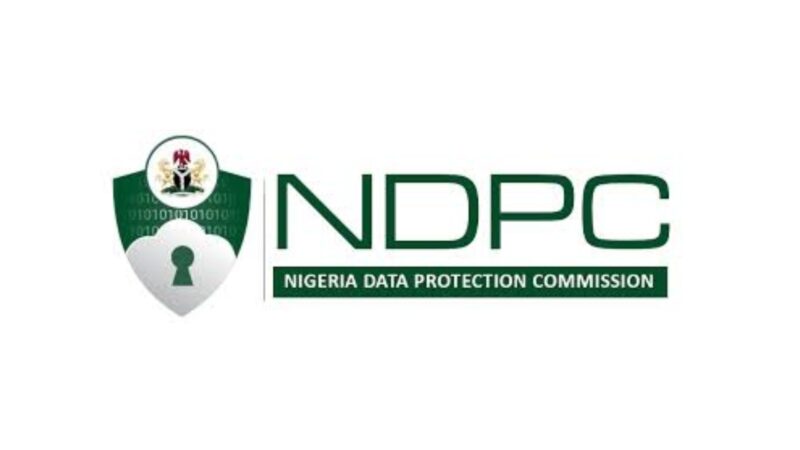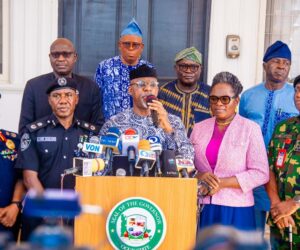The Nigeria Data Protection Commission (NDPC) has announced that it generated over $1.5 million for the country from enforcing data protection regulations, barely two years after its establishment.
The NDPC National Commissioner and CEO, Vincent Olatunji, disclosed this in Abuja on Monday at the opening of a data governance study trip for data protection authorities from across Africa.
“In terms of registration fee that is revenue to the government, when we started it was about zero. As we speak, we have more than 1.5 million dollars,” he said.
Mr Olatunji also revealed that the commission had provided employment opportunities for over 23,000 people since its creation.
“When we started, data protection was a major requirement for data controllers and processors in Nigeria. We were less than 5,000 in Nigeria, In fact, less than 1,000. As we speak, we are doing about 7,800. I am not aware of any law in any country that within two years of establishment, they were able to employ over 23,000 people.
“This would not have happened without proper awareness, capacity building, and dedicated staff. All these staff you are seeing, they have sacrificed a lot and they are still sacrificing. The major challenge is when you train them, equip them, some of them will disappear. They will japa as we say in Nigeria, but these people that you see here are still sacrificing.”
The NDPC was established in 2023 when the Nigeria Data Protection Act (NDP Act) was signed into law on 12 June, 2023. This Act formalised the commission’s mandate to regulate and oversee the implementation of data protection principles in Nigeria.
Data privacy in Nigeria is enshrined as a constitutional right under Section 37 of the Constitution, which guarantees the privacy of citizens’ homes, correspondence, telephone conversations, and telegraphic communications.
In July 2024, the Nigerian government imposed a $220 million fine on Meta for violating local consumer, data protection, and privacy laws concerning Facebook and WhatsApp. This penalty reflects Nigeria’s recent efforts to strengthen and update its data protection laws.
Prior to this, data protection was guided by the Nigeria Data Protection Regulation (NDPR) of 2019, which established rules on lawful data processing, data subject rights, and obligations for data controllers and processors.
However, the regulation was criticised for its limited scope. This led to the enactment of the Nigeria Data Protection Act (NDPA) in 2023, which introduced stronger provisions on consent, data security, lawful processing, and stricter penalties for violations.
Bill mandating MDAs to digitise activities
Speaking at the event, the aenator representing Ogun Central Senatorial District, Shuaib Salisu, disclosed that a bill is currently before the National Assembly to mandate all Ministries, Departments, and Agencies (MDAs) of the federal government to digitise their operations.
“That was why the National Assembly, we have come with a bill that has gone through second reading and very soon will be having a public hearing on National Digital Economy and E-Government Bill. The whole essence of this bill is to remove legal uncertainty about electronic transactions. Some of our laws are still analog, may not recognise some of the electronic transactions that take place,” he said.
The federal lawmaker explained that the bill would give electronic signatures and documents the same legal validity as paper-based originals.
“So the whole essence of this bill is to say that any law says you must sign a paper, that signature is also as good as if you sign electronically. When a law requires you to sign a document in its original form, this new law, this new bill will also ensure that if you sign it as an EB or any other electronic format, it’s as good as the document in its original form.
READ ALSO: Nigeria generated N12bn from data protection in 2024 Commission
“The second part of the bill is also mandating government organisations to digitise their business processes. How do you play a role in Artificial Intelligence era if your processes are still manual? How do you take advantage of digital public infrastructure if you are still running manuals? How do you ensure interoperability between government agencies if you are still running manual?
“So, the essence of this bill that has gone through second reading in the Senate and the House of Representatives, and by the grace of God, we intend that it would be passed into law before the year runs out. It’s to ensure that all the ministries and agencies of government begin to digitise their processes,” he added.












